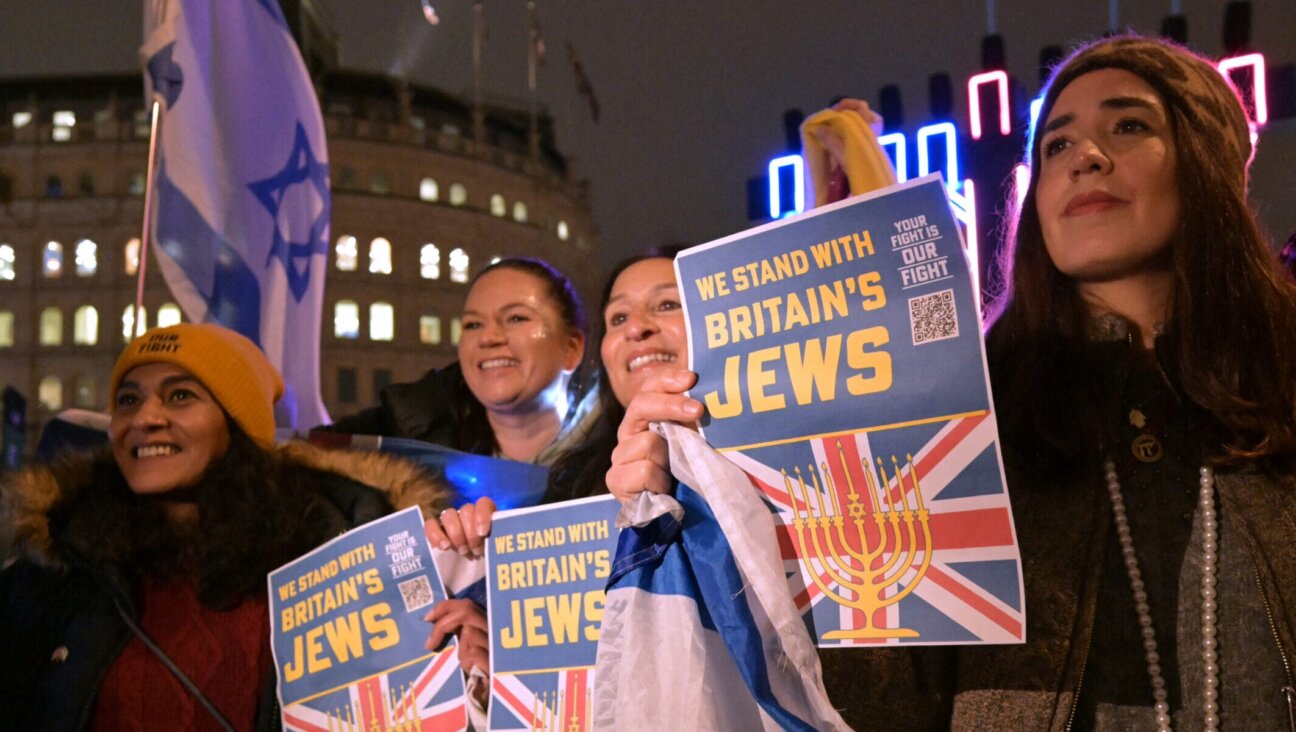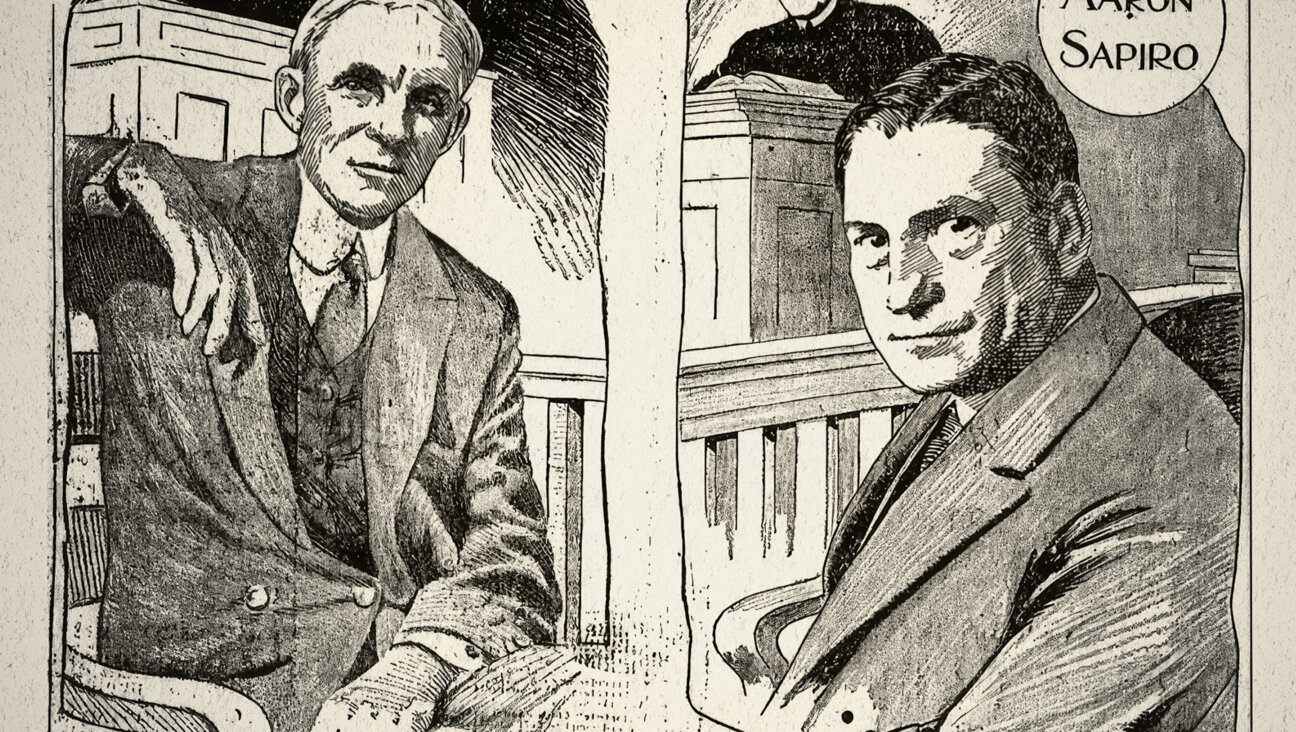U.N. Secretary General Worried About Planned Palestinian Security Cut With Israel
United Nations Secretary-General Ban Ki-moon expressed concern on Friday at a decision by Palestinian leaders in the West Bank to halt security coordination with Israel and called for the international community to push for a Middle East peace deal.
The Palestinian Central Council, whose votes are usually binding on the Western-backed Palestinian Authority, said on Thursday it made the decision because Israel had breached bilateral agreements, including withholding tax revenues it collects on behalf of the Palestinians.
An end to the agreement on security coordination, which dates from the Oslo peace accords of the mid-1990s, could have an immediate impact on stability in West Bank cities such as Hebron, Nablus and Jenin, where anti-Israel unrest is common.
It was unclear whether the PCC decision would immediately go into effect. An Israeli security official said on Thursday there had been no changes in security cooperation.
“(Ban) urges both parties to exercise utmost restraint and reverse their unhelpful cycle of actions and counter-actions,” said U.N. spokesman Stephane Dujarric. “The Secretary-General repeats his call on Israel to resume the transfer of tax revenues legally due to the Palestinian Authority.”
Israel has frozen $127 million of monthly Palestinian tax revenues in protest against President Mahmoud Abbas’ decision to apply for membership of the International Criminal Court and pursue war crimes charges against Israel.
The tax money covers around two-thirds of the Palestinian budget and is used to pay tens of thousands of public sector employees.
Relations between Israel and the Palestinians have grown dangerously brittle since the collapse of U.S.-brokered peace talks in 2014.
“In the absence of effective international engagement, the situation may further unravel,” Dujarric said.
“The Secretary General urgently calls on the international community, including the Security Council, to exercise leadership and help create conditions for a negotiated final peace agreement,” he said.
Under the security coordination accord, Palestinian security forces also require Israeli permission to send patrols into some areas of the West Bank to preserve law and order.















